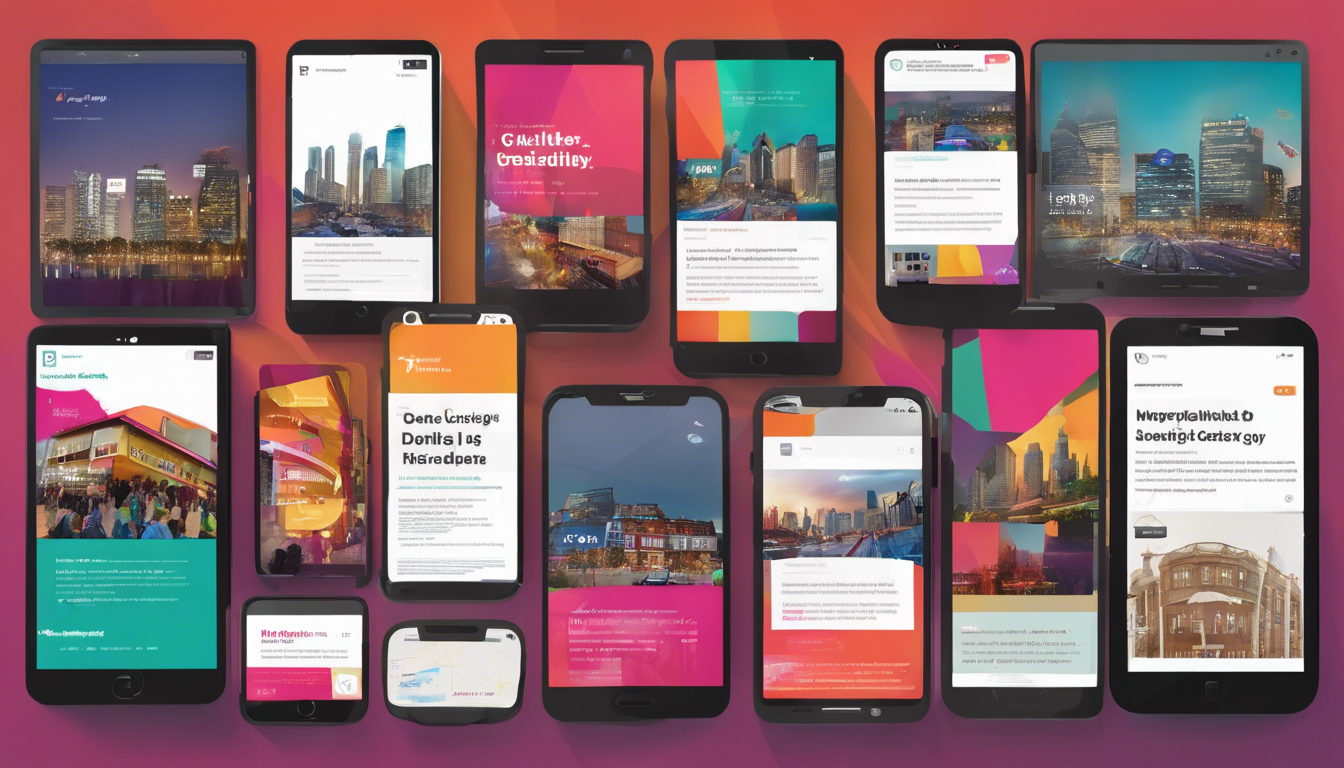In today’s rapidly evolving digital landscape, the way we access information has dramatically changed. The rise of mobile internet usage has reshaped how users interact with websites, underscoring the importance of having a mobile-friendly website. As more people turn to their smartphones and tablets for browsing, businesses need to ensure their online presence is optimized for mobile devices. In this article, we will explore why mobile-friendly websites are important, the benefits of mobile-friendly design, and its significant impact on SEO and user experience.
Key Takeaways
- Mobile internet usage has surged, making mobile-friendly design essential for reaching a wider audience.
- A mobile-friendly website improves user experience, ensuring visitors can access information easily on smaller screens.
- Search engines prioritize mobile-responsive sites, which can enhance your SEO rankings and visibility.
- Mobile-friendly design reduces bounce rates, encouraging users to stay longer and engage with your content.
- Investing in a mobile-friendly website can lead to higher conversion rates and increased sales for businesses.
The Rise of Mobile Internet Usage
In today’s digital landscape, the rise of mobile internet usage cannot be overstated. With more than half of all worldwide web traffic now coming from mobile devices, businesses must prioritize creating a user-friendly experience that caters to this growing audience. This is where the importance of mobile-friendly websites comes into play. A mobile-friendly website adjusts its layout and functionality based on the screen size of the device being used, ensuring that visitors can easily navigate, read, and interact with the content. Not only does this enhance user experience, but it also plays a crucial role in search engine optimization (SEO) since search engines like Google prioritize mobile-friendly sites in their rankings. As such, to attract and retain customers in this mobile-first world, businesses need to invest in developing websites that are not only visually appealing but also functional and accessible on all devices.
Benefits of Mobile-Friendly Design
In today’s digital age, understanding why mobile-friendly websites are important is crucial for any business looking to thrive online. A mobile-friendly design ensures that your website is easily accessible and displays correctly across various devices, especially smartphones and tablets. This not only enhances the user experience but also significantly improves your site’s SEO rankings, as search engines like Google prioritize responsive designs in their algorithms. Additionally, a mobile-friendly website can lead to increased conversion rates; customers are more likely to engage with a site that is easy to navigate on their mobile devices. Ultimately, investing in a mobile-friendly design not only meets the expectations of modern consumers but also positions your brand favorably within the competitive digital landscape.
‘The future is mobile, and we are just living in it.’ – Unknown
Impact on SEO and User Experience
In today’s digital landscape, the importance of mobile-friendly websites cannot be overstated, especially when considering their impact on SEO and user experience. Mobile devices account for a significant portion of web traffic, and search engines like Google have prioritized mobile optimization in their ranking algorithms. This means that if your website isn’t mobile-friendly, it may struggle to rank well in search results, leading to decreased visibility and traffic. Furthermore, a mobile-friendly design enhances user experience by providing a seamless browsing experience, allowing visitors to navigate your site easily on their smartphones or tablets. This, in turn, reduces bounce rates and increases engagement, as users are more likely to stay longer and explore content that is accessible and easy to read on their devices. Ultimately, investing in a mobile-friendly website not only boosts your SEO efforts but also fosters a positive user experience that encourages customer loyalty and conversions.
Feel free to contact us via WhatsApp, social media, or email.



